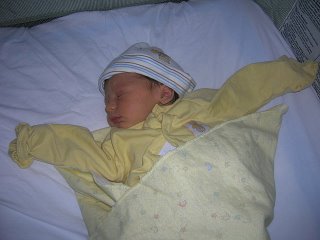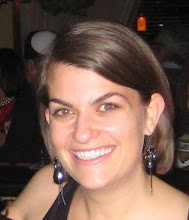For a while now I have been trying to find some sort of reconciliation. Is there a way for me to find meaning without understanding the text to be absolute truth? What does this mean for my life as a Jew? Do I live a traditional Halachic lifestyle if I no longer by into it? What does it mean in relation to the community I want to build my life in? What does it mean for my family and the community I come from? I am far from finding the answers to these questions. But I have begun to find a feeling of liberation in how I can approach and understand the text.
Today in one of my classes we asked the question about the methodology of the text and what is understood to be true. How do we understand the text? Can an understanding be found in just the words? is it inherently linked with Midrash (stories that are commonly linked to but not found within the text themselves)? Do we take the commentaries to be the 'TRUE' understanding of text? what is TRUE?
It is comforting to learn that understandings of all commentators and readings of the text themselves are going to be subjective by the reader. It is impossible to say that social influence, context, political associations, etc... are not factors. It is also interesting how we are taught and which of the commentaries our teachers choose to present to us. At what point in history did certain players get ruled out of the forum of understanding?? Does doing so invalidate the ones thrown out? Who makes that decision? Are new players unable to enter the realm? Many questions, I know!
As we are approaching Yom Kippur (YK) we took a look at the book of Jonah. Through Chavruta study (discussion/analyzing study between partners of the text) we first did a reading of the text and discussed the meaning of the text itself. Then we looked at a series of commentators. These included early non-Rabbinic commentators like: 'The Lives of the Prophets', and Josephus; Early Rabbinic scholars like Meckilta, and Pirkei DeRabbi Eliezer; Midieval scholars such as Rashi, and Ibn Ezra; and modern academic scholars such as Zakovitz, Sasson and Douglas. It was interesting to read through them all, understand all the different arguments and maybe side with one or several. In his book: Intertextuality and the Reading of Midrash, D. Boyarin writes "All interpretation is filtered through consciousness, tradition, ideology and the intertext, and the opposition between subject adn object, so charachteristic of the romantic ideology, must be deconstructed." Finally I feel it is okay to open up the entire forum for conversation. If my own reading and understanding of the text is not the 'traditional' one thats okay, and thats comforting. Maybe I'm not such a heritic afterall.
Today was another day of firsts. I rode on the back of a motorcycle for the first time (don't worry Ma, I wore a helmet!); I got completely lost walking the streets of Jerusalem and after about an hour found my way without asking for directions or looking at a map, and I got to see photos of two new beautiful babies in the world. Let me introduce them to you. First is Molly Olivia Levin born on Sept. 20th to Mindy and Noam Levin.

Next is 'tiny' Friedman born to Miriam and Jon who joined us on Sept. 23rd:


No comments:
Post a Comment